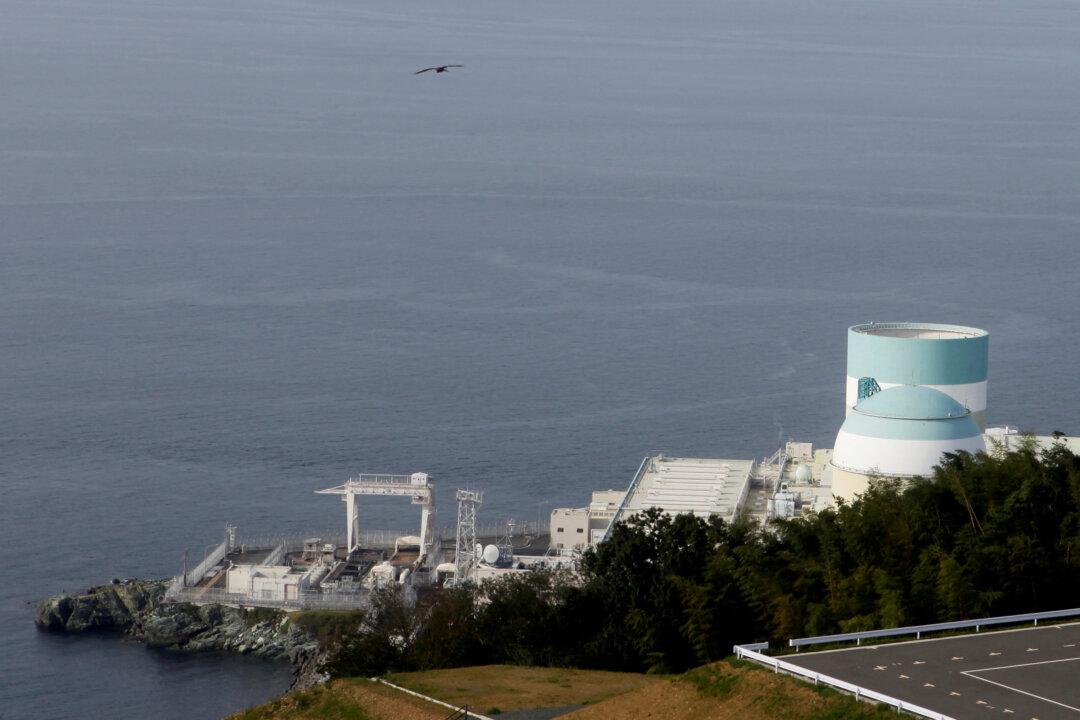HONG KONG—Banks in Hong Kong are advised to disclose related property of clients who are found in breach of the city’s “national security law”, according to the latest guidelines from its banking association.
The advice was introduced in an Oct. 22 update of the Hong Kong Association of Banks’ (HKAB) frequently asked questions in relation to anti-money laundering and counter-financing terrorism, which was published on the website of the Hong Kong Monetary Authority (HKMA).
Banks should disclose property held by any client who is arrested or charged for an offense under the “national security law” or when they have knowledge or suspicion that a property is “offence related property” after receiving information from law enforcement agencies, per the clause.
An HKMA spokesperson said HKMA and the banking sector discuss implementation issues with stakeholders including law enforcement agencies in the anti-money laundering and counter-financing terrorism areas from time to time per international practices.
“The FAQs are updated in line with our usual practice in responding to questions raised by banks,” said the spokesperson.
The HKAB did not immediately respond to a Reuters request for comment.
The Chinese regime imposed the “national security law” in Hong Kong on June 30 last year, making anything Beijing regards as subversion, secession, terrorism, or colluding with foreign forces punishable by up to life in prison.
Three months later, the banking association added five clauses to the FAQs regarding anti-money laundering and counter-financing terrorism, advising banks of their reporting requirements under the law, how they should handle law enforcement requests, and guidelines regarding group-wide information sharing.
Transactions suspected to be linked to the law should be treated the same as transactions suspected to be money laundering or financing terrorism, according to the clauses at the time.
The FAQs are not official guidelines but apply to both Hong Kong and international banks.






Friends Read Free